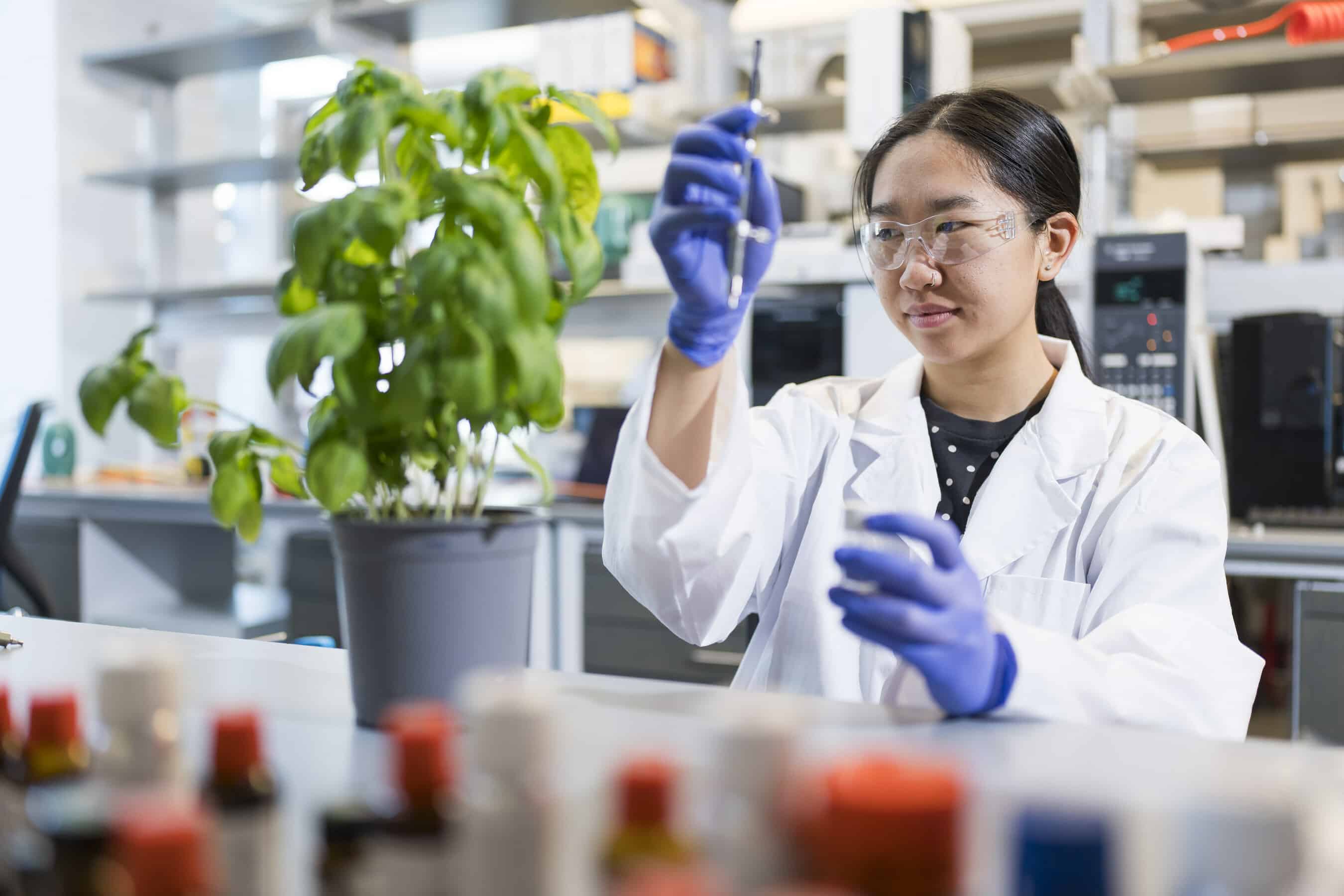The fight against disease-carrying insects has taken a significant leap forward with Osmo's latest funding news. The machine olfaction startup has garnered a $3.5 million grant from the Bill & Melinda Gates Foundation to enhance its innovative AI-enabled scent platform. This funding aims to bolster Osmo's pursuit of discovering and manufacturing compounds that can potentially repel, attract, or destroy insect vectors for disease, ultimately improving human and animal health. This financial backing comes on the heels of the foundation's earlier $5 million equity investment. It is a robust endorsement of Osmo's pioneering approach to tackling one of the world's most pressing health issues.
Key Takeaways
- AI Scent Platform Innovation: Osmo's platform leverages AI to analyze a vast chemical space, pinpointing novel molecules that could revolutionize how we deter disease-carrying insects.
- Potential Impact on Global Health: With the development of better repellents and attractants, Osmo's work has the potential to save millions of lives by preventing insect-borne diseases.
- Scaling and Discovery: The grant will facilitate the scaling of Osmo's research to include a more extensive array of compounds and the integration of machine learning to identify effective but also cost-efficient and safe candidates.
- Holistic Approach: Osmo's method includes creating predictive models that factor in real-world concerns such as toxicity, human odor perception, and environmental impact.
- Cross-Disciplinary Expertise: The startup is an amalgamation of various fields, including data science, olfactory neuroscience, and chemistry, reflecting a comprehensive strategy for tackling health-related challenges through digitizing olfaction.
The Advance of Machine Olfaction in Public Health
Osmo's work is grounded in the understanding that scent is critical in how insects interact with their environment. The World Health Organization estimates that vectors like mosquitoes are responsible for millions of deaths yearly. Disrupting the olfactory-guided behaviors of these insects could be a game-changer in disease prevention. “New scent molecules that more effectively steer disease-carrying insects from human contact have the potential to save millions of lives,” remarked Alex Wiltschko, CEO of Osmo.
The grant will enable Osmo to build on its initial proof-of-concept pilot, also funded by the Gates Foundation. This earlier research stage used a computational model trained on a substantial dataset of mosquito repellency, which led to the identification of molecules surpassing the repellency of widely used substances like DEET.
Future Directions and Implications
The following steps for Osmo involve a significant expansion of the initial research, integrating a more comprehensive data set, synthesizing, and testing novel repellents, and preparing these for human trials and ecological assessments. The company is also keen to apply its model to discover new mosquito attractants that could outperform existing methods.
The science underlying Osmo's approach has intriguingly suggested a connection between insect and human olfaction, which could have broader applications beyond insect control. The company's ultimate mission is to digitize the sense of smell, which may have far-reaching implications for early disease detection, pandemic tracking, agriculture, and beyond.
The Foundation's Strategic Investment
The Bill & Melinda Gates Foundation's investment in Osmo underscores a strategic commitment to combating the global health threat of insect-borne diseases. The foundation drives innovation in a sector desperate for breakthrough advancements by funding technologies that can create scalable and sustainable solutions.
Meg Younger, an Assistant Professor at Boston University, says, “New machine learning approaches have major potential to speed up the discovery and design of improved mosquito repellents and attractants.” With its machine-learning-driven scent platform, Osmo stands at the forefront of a new public health and preventative medicine era.
In a world where traditional disease control methods are increasingly under strain, Osmo's AI-enabled approach could represent the next frontier in our fight against disease-carrying insects. The hope for a healthier global population is becoming more tangible through the power of artificial intelligence and the nuanced understanding of olfaction.
Image provided by Osmo


